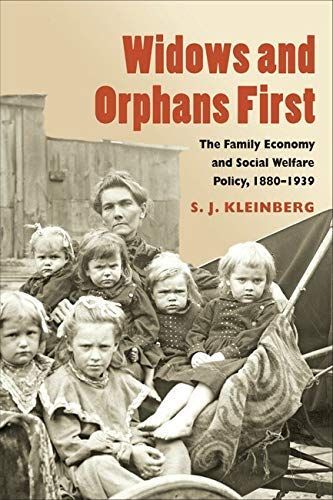
Widows and Orphans First The Family Economy and Social Welfare Policy, 1880-1939
Widows and Orphans First investigates the importance of local economies and values in the origins of the welfare state through an exploration of widows' lives in three industrial American cities with widely differing economic, ethnic, and racial bases. In Fall River, Massachusetts, employment was regarded as the solution to widows' poverty, so public charitable expenditure was drastically limited. In Pittsburgh, where few jobs were available for women or children--and where jobs for men were in "widowmaking" industries such as steel and railroading--the city's charitable establishments were more sympathetic. In the border city of Baltimore, which had a large African American population and a diverse economy that relied on inexpensive child and female labour, funds for public services were limited, and African Americans tended to establish their own charitable institutions. In this unique comparative study of widows' welfare and family economy, Jay Kleinberg examines the role of children in society and the development of social welfare policy for widows.